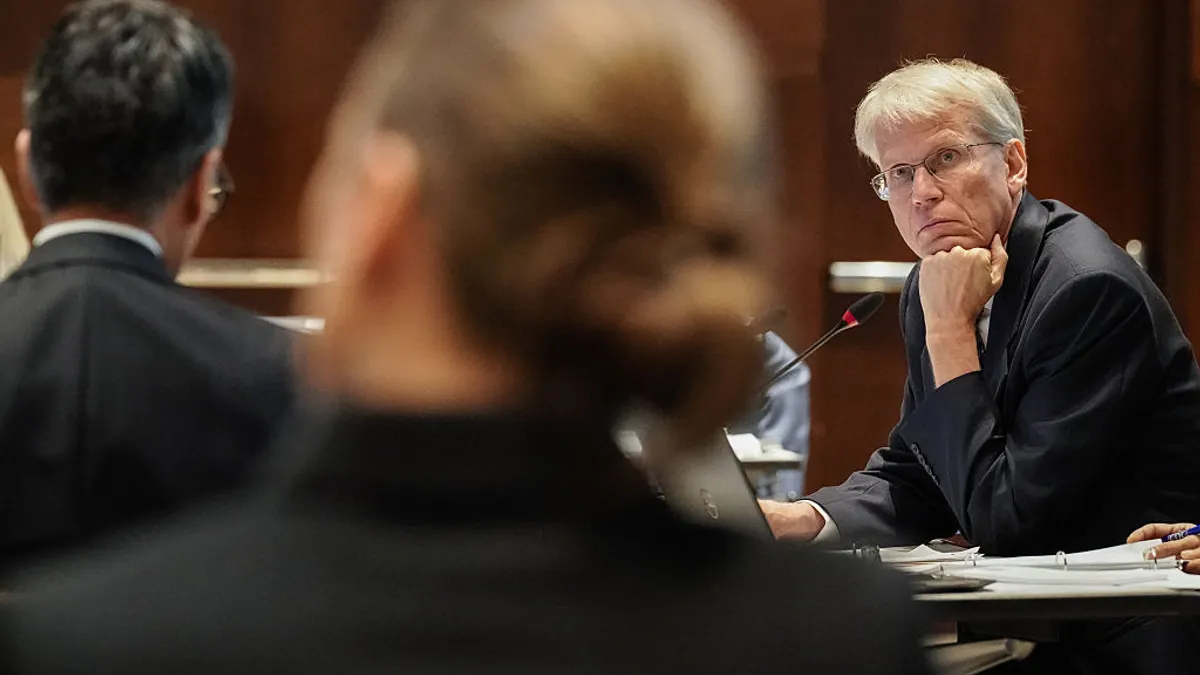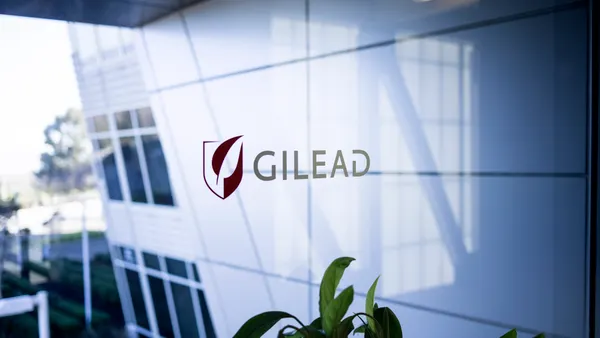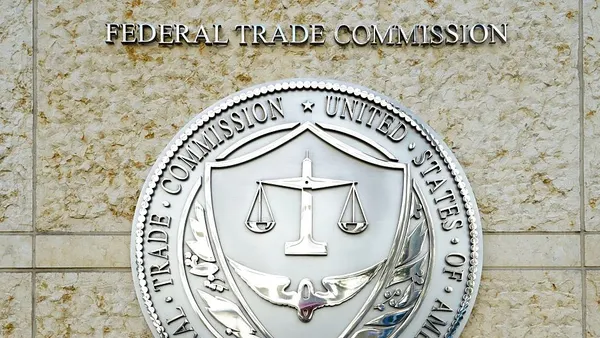A federal advisory panel on Thursday recommended a new antibody drug for use preventing disease caused by respiratory syncytial virus infections in infants younger than 8 months old.
The recommendation came via a 5-2 vote among the seven panelists hand-picked by Health and Human Services Secretary Robert F. Kennedy Jr. to replace the 17 members he fired earlier this month.
Their abrupt dismissal, and replacement by individuals who have expressed skepticism or criticized established vaccine science, has sparked pushback from a wide array of medical associations. One, the American Academy of Pediatrics, said as a result that it would no longer work with the panel to develop vaccine guidelines.
Known as the Advisory Committe on Immunization Practices, or ACIP, the panel provides recommendations to the Centers for Disease Control and Prevention on approved vaccines. Their guidelines are the basis for which immunizations insurers are required to cover.
Thursday was the second day of the reconstituted panel’s first meeting. On Wednesday, they spent much of the day questioning the evidence supporting continued use of COVID-19 shots without conducting new randomized, controlled trials, as was done by Pfizer, Moderna and others to win the vaccines’ initial approvals.
They also reviewed data on two RSV antibody drugs: Beyfortus, which was approved in the U.S. two years ago, and Enflonsia, which the Food and Drug Administration cleared for market in early June. These antibodies are designed to convey passive immunity to the virus in young infants, who are especially susceptible to severe illness from infection.
Their discussion on COVID ran Wednesday’s meeting behind schedule, however, and a vote on Enflonsia scheduled for that afternoon was instead held Thursday morning.
With its 5-2 vote, the panel recommended Enflonsia for infants who are younger than 8 months, born either during or entering their first RSV season and whose mothers did not receive a maternal RSV vaccine.
The two panelists voting no were Retsef Levi, a professor at the MIT Sloan School of Management, and Vicky Pebsworth, a research director at the National Vaccine Information Center, which has argued that messenger RNA vaccines for COVID-19 should not be recommended for anyone.
Levi said Thursday that he objected to the recommendation because he believed Enflonsia wasn’t ready to be administered to all healthy infants.
Another panelist, Cody Meissner, a professor of pediatrics at the Dartmouth Geisel School of Medicine, made a strong defense of the antibody drugs, however. “People should understand this is a truly spectacular accomplishment and will have enormous impact on public health,” he said Wednesday, of Beyfortus and Enflonsia.
RSV infections are the leading cause of hospitalizations in newborn infants. Each year, between 58,000 and 80,000 children younger than 5 years are sent to the hospital due to RSV-related illness, according to the CDC. Severe disease can cause dangerous inflammation in the airways of the lung.
While three vaccines are available for older adults, none are approved for use in young children. Antibodies like Beyfortus and Enflonsia can provide important protection instead. In clinical testing, Enflonsia was 85% effective versus placebo at reducing the risk of hospitalization from RSV-related illness.
Merck will make Enflonsia available to order in July, ahead of the usual fall to winter pattern of RSV infections.
















